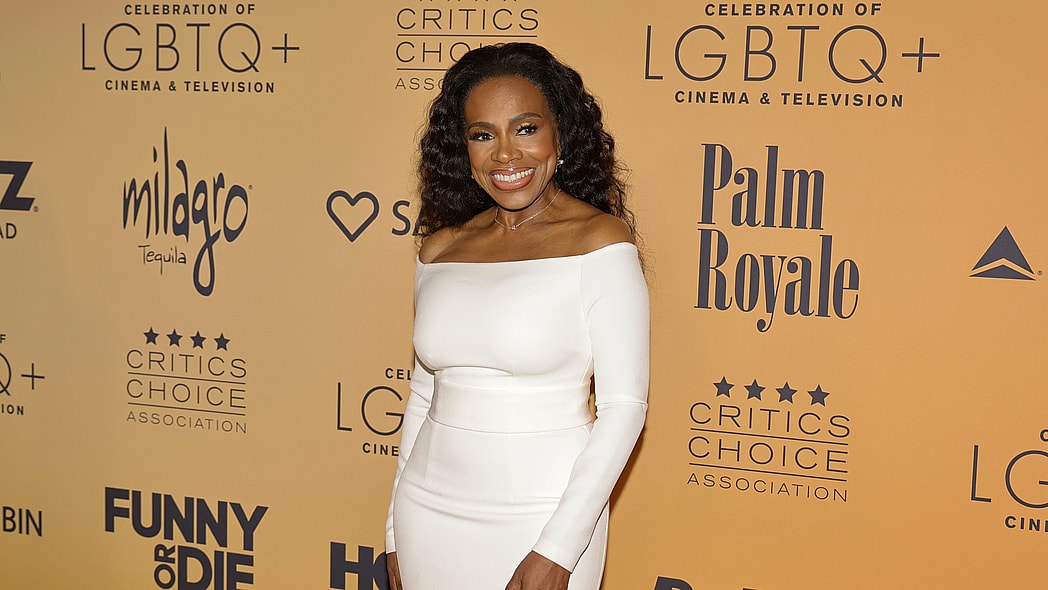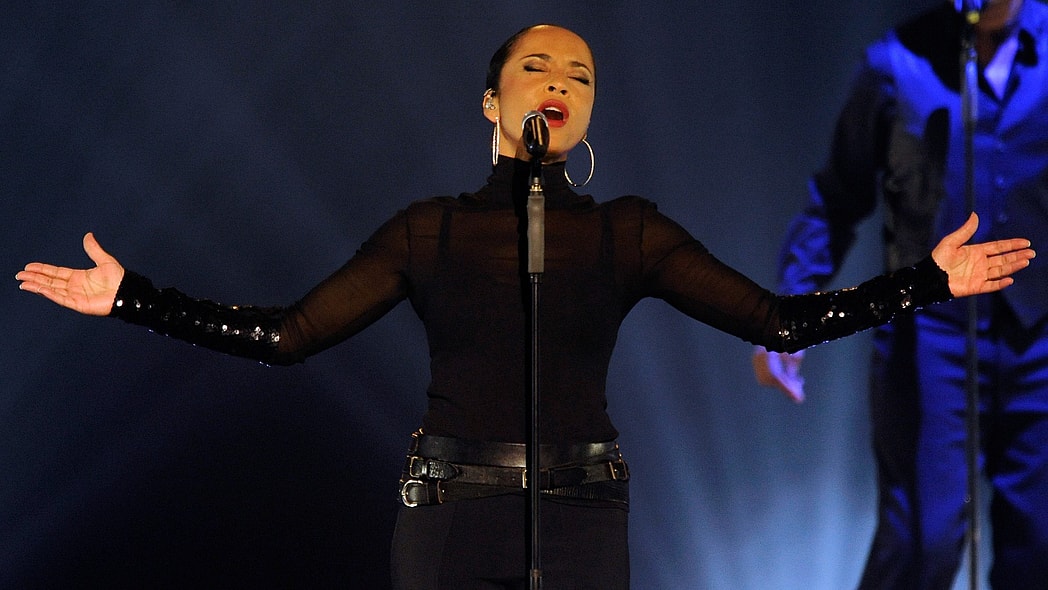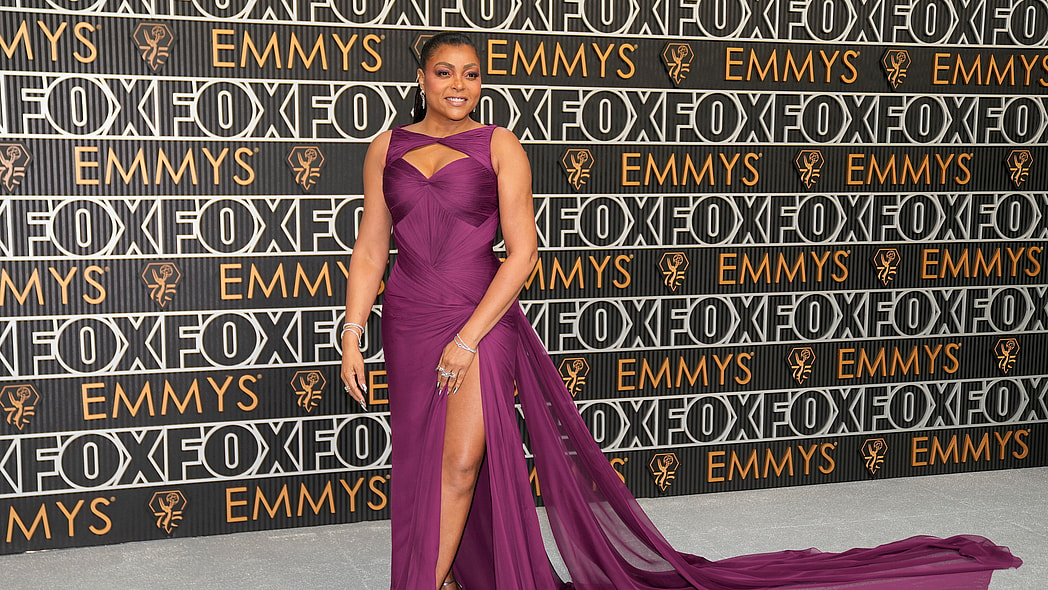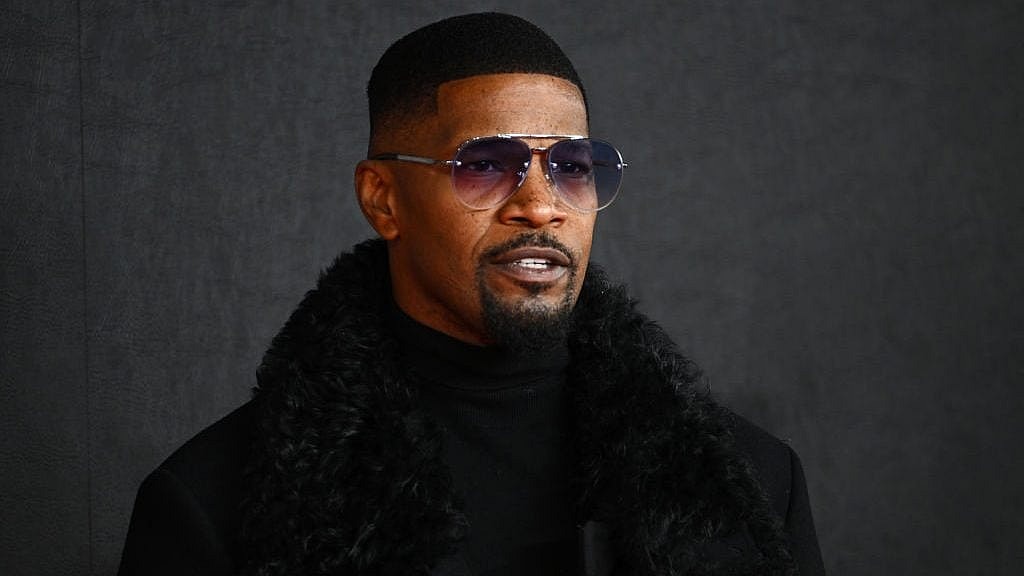Emmy-winning actress Sheryl Lee Ralph is proving it’s never too late to evolve — and she’s urging others to do the same.
Via a video shared on Instagram by The Black Media account, the “Abbott Elementary” star issued a public service announcement to her followers “of a certain age — over 40” about how younger generations should be respected.
“Some of the things you used to do and say when you were young, they’re not going to work right now, OK?” said Ralph, 67. “These children right about now, they want to be called by their name. They want to be respected with their pronouns.”
Acknowledging that those of us who grew up in earlier eras may struggle with reaching beyond the gender binary, Ralph made an apt analogy using non-traditional names that have also become popular in recent decades.
“Now, I know it might be hard for some of you to say, ‘Hey, Apple, how you doing?’” she noted, adding, “It might even be more difficult for some folks when maybe they don’t look like a ‘he’ or a ‘she’ to you, but they want to be called ‘they,’ ‘him,’ or ‘her.’”
Recommended Stories
As Ralph indicated, it’s a matter of respect — but using gender-expansive language has deeper implications that also prove her points about the generational divides that often occur. According to the National Institutes of Health and recent studies, approximately 20% of millennials identify as LGBTQ, more than twice the rate of previous generations. Additionally, 56% of Gen Z participants, which NIH recognizes as “the most diverse generation in the US,” know at least one person who uses gender-neutral pronouns; a now relatively common occurrence compared to prior generations.
Furthermore, approximately 0.5% of Americans — or an estimated 1.6 million people — currently identify as transgender or gender-nonconforming, according to a 2016 study from the Williams Institute at the UCLA School of Law. One in five of those individuals is aged 13 to 17. With transgender youth diagnosed with mental health conditions at three to 13 times the rate of cis-hetero communities, even seemingly minor validation, like use of preferred pronouns, could potentially have a major impact on public health.
“Call them by their name, please. Don’t call them out of their name,” Ralph gently urged, driving the point home. “You know how you get when people call you out of your name, [so] don’t do it … Just try.”










